Can there really be a best of anything? As consumers of media, we love to rank things. Top ten lists. Top 100 charts. The greatest albums of all time. 50 films you can’t miss. It often feels like these lists are so obvious as to be redundant, or else intentionally snub a well-known title to get readers frothing at the mouth, driving web traffic. And then there are those examples that stand alone. Works which, even though they have flaws (or possibly because of them), they have become the single standard to which all others are measured against. The Porsche 911, The Seven Samurai, The Beatles. And, in the world of video games, the venerable and unparalleled Deus Ex.
For those of you who have played Deus Ex, you are now likely nodding your head in agreement (or frothing at the mouth; it’s okay, I could use the traffic). For those of you who have never heard of the title (do his what now?), allow me to lay down a little bit of video game history before snap kicking you into the near future of the franchise.
To lay the groundwork, let’s start in 1993. Yes, 22 years ago, wait, what? 22 years? Holy shit, I’m getting old. Ahem. 22 years ago, the gaming industry was rocked to its core by id Software and their back to back blitz of Wolfenstein 3D and Doom. What followed was a ceaseless chain of copy cats, sequels, and lazy rip-offs, effectively turning the majority of the ‘90s into one giant ball made up of the same game hiding under different masks. Now the Doom franchise is excellent, and the original and immediate sequel stand as great points in gaming history, but they were limited in scope. It’s also about this time that the media began to latch on to the sensationalist violence present in such games, so, thanks for that.
To lay the groundwork, let’s start in 1993. Yes, 22 years ago, wait, what? 22 years? Holy shit, I’m getting old. Ahem. 22 years ago, the gaming industry was rocked to its core by id Software and their back to back blitz of Wolfenstein 3D and Doom. What followed was a ceaseless chain of copy cats, sequels, and lazy rip-offs, effectively turning the majority of the ‘90s into one giant ball made up of the same game hiding under different masks. Now the Doom franchise is excellent, and the original and immediate sequel stand as great points in gaming history, but they were limited in scope. It’s also about this time that the media began to latch on to the sensationalist violence present in such games, so, thanks for that.
So why doesn’t Doom stand on the same level as Deus Ex? I already told you: the game was limited in scope. The gameplay, levels, weapons and graphics were tremendous, but the game was essentially a series of mazes for your mouse of a player to run through. The narrative was basically nonexistent, and there was really only one play style and one way to beat the game. In this way it was no different than Donkey Kong or even Centipede. Then, in 1997, producer Warren Spector met the cash of John Romero (cash from Doom, I might add), joining the new company Ion Storm. It was a marriage made in heaven.
Just kidding. Video games are hard, and what became Deus Ex went through over three years of challenging design, which was an incredibly long development cycle in ‘90s video gaming. The problem that led to so many delays in production was the nature of the game itself. What was being created was a title that defied attempts to classify it. While the game is played in first person, it’s not a shooter, as you can actually beat it without ever drawing your gun. It’s not a puzzle game, because your character plays through levels in a non-linear fashion, capable of navigating through the puzzles and narrative through multiple means. Okay, narrative. So it’s an RPG? Well, yes, your character does earn skill points to put towards abilities, but then there’s also an entirely separate augmentation tree that you can modify and upgrade and… you know what? It’s complicated.
Just kidding. Video games are hard, and what became Deus Ex went through over three years of challenging design, which was an incredibly long development cycle in ‘90s video gaming. The problem that led to so many delays in production was the nature of the game itself. What was being created was a title that defied attempts to classify it. While the game is played in first person, it’s not a shooter, as you can actually beat it without ever drawing your gun. It’s not a puzzle game, because your character plays through levels in a non-linear fashion, capable of navigating through the puzzles and narrative through multiple means. Okay, narrative. So it’s an RPG? Well, yes, your character does earn skill points to put towards abilities, but then there’s also an entirely separate augmentation tree that you can modify and upgrade and… you know what? It’s complicated.
Okay, so it’s a non-linear puzzle RPG shooter with a heavy emphasis on storytelling and dialogue. I’m calling it an NLPRPGSHESD. No, I’m not. I’m calling it Deus Ex, and for anyone that played it, it was something they had never before seen in their lives. And the timing, delayed as it was, could not have been better. With the 1999 release of The Matrix, America’s mainstream discovery of anime, and the resulting spillage into other franchises, the world was ripe and ready for Deus Ex to storm in, unleashing it’s cyberpunk, it’s always night time, black helicopters, Illuminati-laden plot.
The game is, as I’ve stated, not perfect in every way. Part of what leads to this imperfection is the fact that problems can be approached from multiple angles, some of which the creators never could have anticipated. The game drives human ingenuity, letting people express themselves through their own style of gameplay and strategy. More than that, the game stretches to tell a story, and a deep on at that. Without spoiling too much, I can safely say that your nanoaugmented secret agent will travel the globe unraveling conspiracy theories of various secret organizations, corporate superpowers, corrupt governments organizations, organized crime, and various power players each with their own hidden agenda. All of this set to one of the best soundtracks of all time, on that I still listen to when writing my own cyberpunk fiction.
The game was able to transcend the medium in which it was created, becoming a sum greater than its parts. Like the lasting influence of Kurosawa’s Seven Samurai, Deus Ex is a pinnacle moment, where all elements aligned perfectly to create something that will last throughout time, being played again and again even as newer, shinier things come out and scream for attention.
The franchise itself was aware of the fact, and after a lukewarm sophomore effort in Deus Ex: Invisible War, Eidos Montréal brought the style and substance of the game back full force with Deus Ex: Human Revolution, a snappy, sexy, slick prequel that oozes style in every frame. In fact, the game is almost a bit too involved in the original, closely paralleling the original in settings and plot choices. Credit where it’s due, the graphical abilities of modern computing were not ignored, creating a much more enticing vision of the near future, and the storyline is superb, playing to multiple cyberpunk themes while still managing to be original. I would be remiss if I didn’t point out that the soundtrack is even better than that of the original, artfully capturing the mood of the dystopian world.
The game is, as I’ve stated, not perfect in every way. Part of what leads to this imperfection is the fact that problems can be approached from multiple angles, some of which the creators never could have anticipated. The game drives human ingenuity, letting people express themselves through their own style of gameplay and strategy. More than that, the game stretches to tell a story, and a deep on at that. Without spoiling too much, I can safely say that your nanoaugmented secret agent will travel the globe unraveling conspiracy theories of various secret organizations, corporate superpowers, corrupt governments organizations, organized crime, and various power players each with their own hidden agenda. All of this set to one of the best soundtracks of all time, on that I still listen to when writing my own cyberpunk fiction.
The game was able to transcend the medium in which it was created, becoming a sum greater than its parts. Like the lasting influence of Kurosawa’s Seven Samurai, Deus Ex is a pinnacle moment, where all elements aligned perfectly to create something that will last throughout time, being played again and again even as newer, shinier things come out and scream for attention.
The franchise itself was aware of the fact, and after a lukewarm sophomore effort in Deus Ex: Invisible War, Eidos Montréal brought the style and substance of the game back full force with Deus Ex: Human Revolution, a snappy, sexy, slick prequel that oozes style in every frame. In fact, the game is almost a bit too involved in the original, closely paralleling the original in settings and plot choices. Credit where it’s due, the graphical abilities of modern computing were not ignored, creating a much more enticing vision of the near future, and the storyline is superb, playing to multiple cyberpunk themes while still managing to be original. I would be remiss if I didn’t point out that the soundtrack is even better than that of the original, artfully capturing the mood of the dystopian world.
And now Eidos Montréal is preparing to lay down another impactful hit, with Deus Ex: Mankind Divided in development and hopefully releasing at the end of 2015. Time will tell if it lives up to the standard the franchise set, but one thing is for certain: the original source material has already passed into time, becoming an unobtainable reference point that all lovers of good storytelling can turn to for either admiration and inspiration, a genre-bending beacon that will live on long after the world it imagines has passed us by.
A.C. Harrison is the author of "Jupiter Symphony,” a post-apocalyptic cyberpunk thrill ride that only wishes it had the soundtrack of DX:HR.
Like what you see here? Spread the word and support indie authors! Follow me on Facebook or Twitter. Find me on Smashwords and Kindlemojo.
A.C. Harrison is the author of "Jupiter Symphony,” a post-apocalyptic cyberpunk thrill ride that only wishes it had the soundtrack of DX:HR.
Like what you see here? Spread the word and support indie authors! Follow me on Facebook or Twitter. Find me on Smashwords and Kindlemojo.
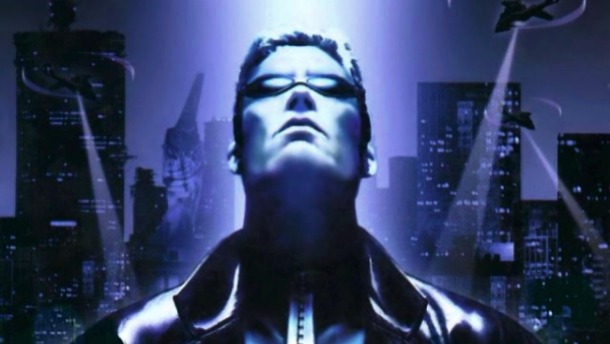

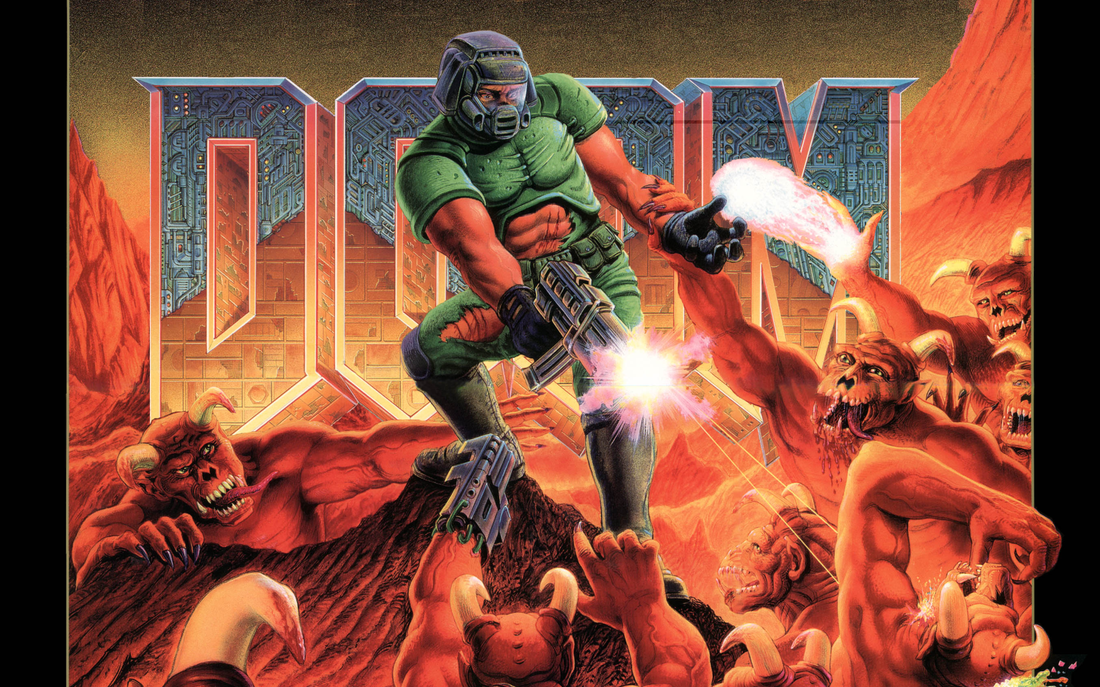
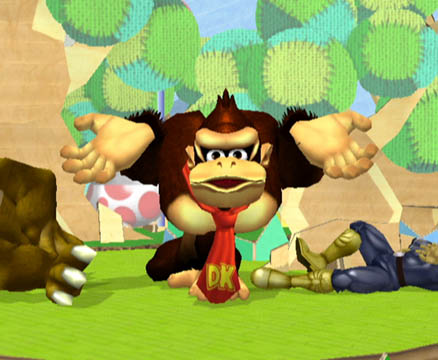
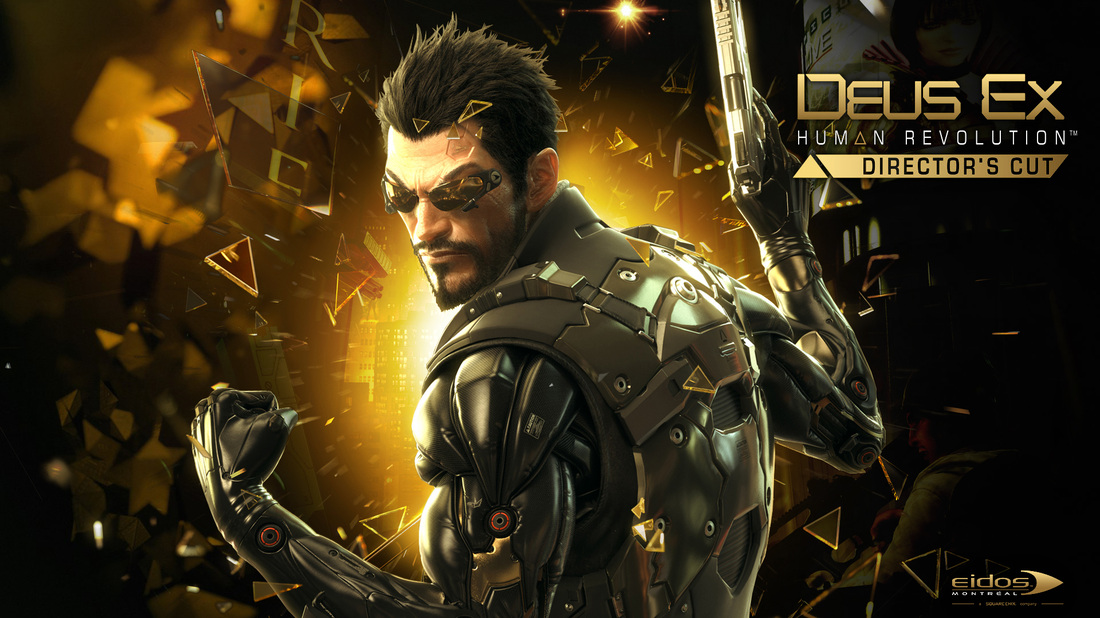
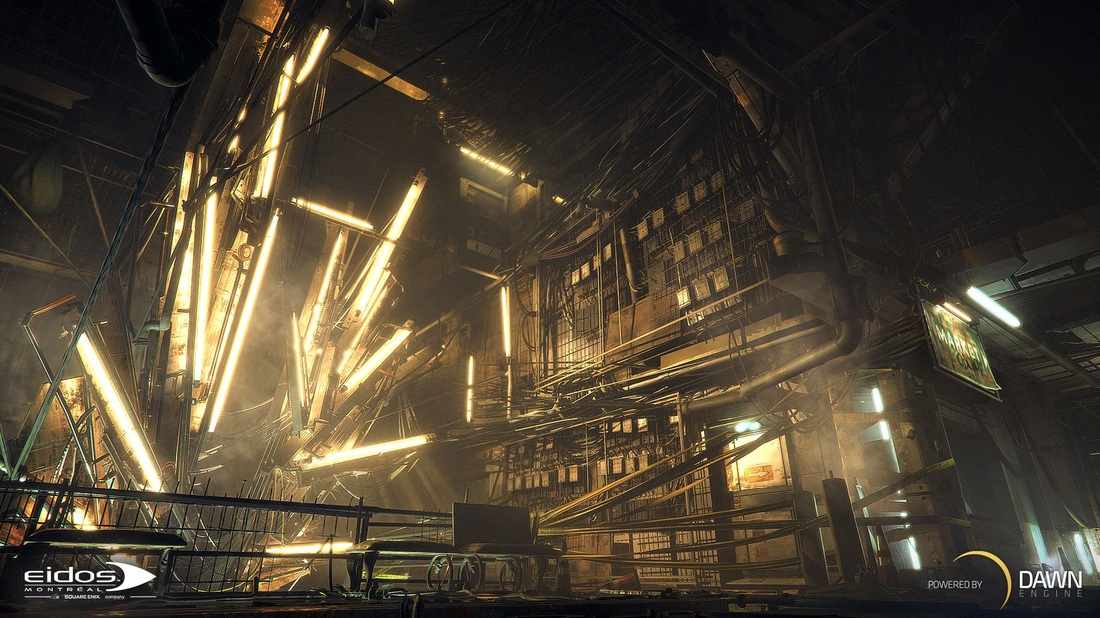
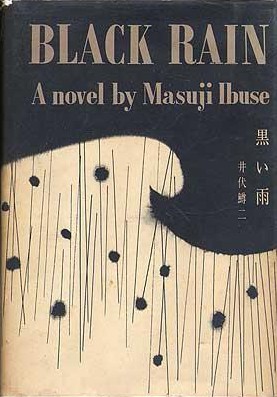
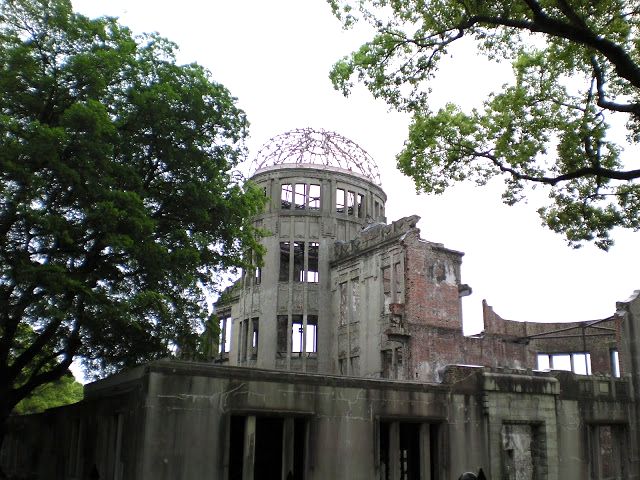
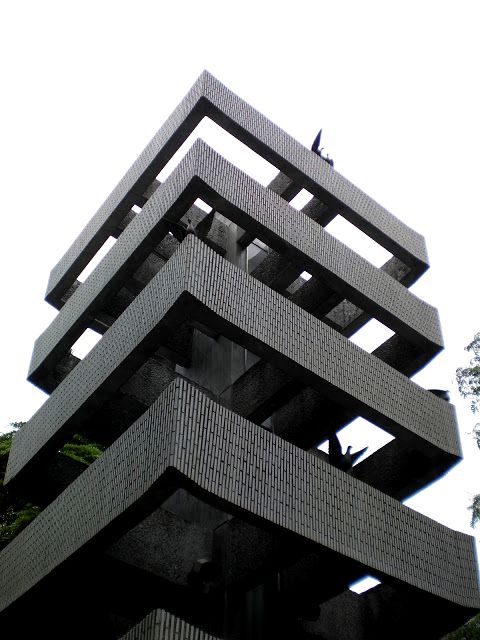

 RSS Feed
RSS Feed